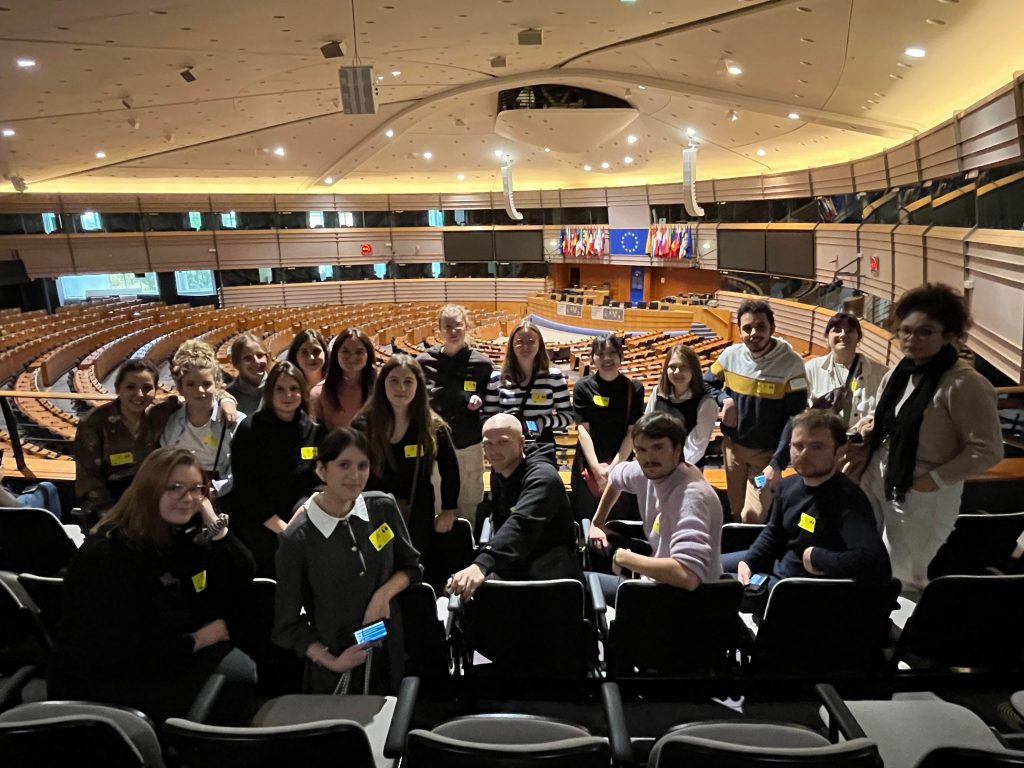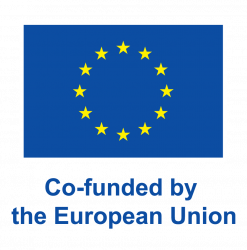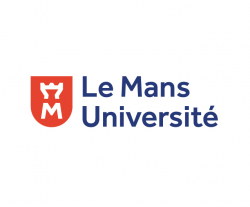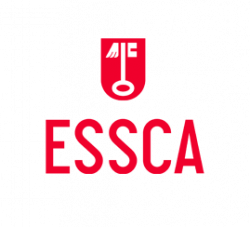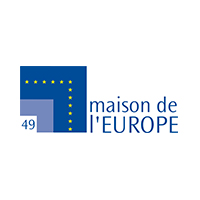Des projets de recherche Horizon 2020 s’intéressent au domaine de l’environnement et nécessitent des contributions en Sciences Humaines et Sociales.
- « Biodiversity in action: across farmland and the value chain » – SUSTAINABLE FOOD SECURITY-01-2018-2019-2020.
Specific Challenge: Agricultural biodiversity is understood to comprise all components of biological diversity that (i) are of relevance for food and agriculture and all components of biological diversity that (ii) constitute agro-ecosystems. It is the result of highly dynamic interactions between the environment, genetic resources, agricultural practices and historical land management. The various dimensions of agricultural biodiversity play a significant role in conferring stability, resilience and adaptability to farming systems. Below ground biodiversity for example plays a major role in soil nutrient and water cycling, nutrient uptake by plants and in the control of plant diseases. Genetic diversity within species is at the origin of plant development, adaptation to different environments (including climate) and a wide range of properties which cater for diverse needs. The native biodiversity on and around farms is associated with the provision of important ecosystem services beyond farm level.
The way farmers manage their land has immediate effects on domesticated and native biodiversity. Specialised, intensive agriculture has generally resulted in higher productivity at the expense of decreasing levels of biodiversity, partly due to a lack of incentives for farmers to safeguard biodiversity. Ambitions to make diversity a more integral part of farming are reflected in a number of European policies and global commitments[1]. Translating these ambitions into practice will require the necessary know-how and a range of options for optimising the joint delivery of economic, environmental and social services by farming.
- « Supporting public authorities to implement the Energy Union » – LC-SC3-EE-16-2018-2019-2020
Specific Challenge: The delivery of the Energy Union targets requires the full engagement of the public sector at all governance levels.
Local and regional public authorities have a crucial role in setting ambitious energy efficiency strategies, for instance in the framework of the Covenant of Mayors for Climate & Energy and Smart Cities & Communities or the Clean Energy for All islands initiative. The political commitment at local level should be enhanced and the focus should turn to implementation and effective monitoring of concrete energy efficiency solutions and actions, which can contribute to modernise and decarbonise the European economy. Synergies should be sought, whenever possible, with local and regional air quality plans and air pollution control programmes to reduce costs since these plans rely to a large extent on similar measures and actions.
Support should continue and be reinforced in building capacity of public authorities and empowering them to take up their role of energy transition leaders at regional and local level, by permanently improving their skills as public entrepreneurs and supporters of market transformation towards more efficient energy systems.
At national level, the Energy Efficiency Directive has triggered numerous positive developments in the Member States by setting targets to incentivise and enable investment in energy efficiency programmes across all sectors. However, Member States have yet to fully implement the Directive and additional support in building capacity and know-how is needed.
- « The role of consumers in changing the market through informed decision and collective actions » – LOW CARBONC-SC3-EC-1-2018-2019-2020.
Specific Challenge: A precondition for active demand is for consumers to be aware of their own potential to permanently or temporarily reduce energy consumption; and moreover, for them to know how to offer this potential to the market and what it would represent in terms of monetary value by bringing benefits to the energy system.
Different forms of collective action have the potential to assist consumers in forming critical mass and to facilitate increased uptake of energy efficiency & active demand solutions and services. Although collective actions on energy efficiency have emerged in recent years, a lack of awareness on the potential benefits of such actions, together with regulatory barriers, continues to hamper their full development and uptake.
Finally, important challenges involve installed appliances (such as boilers for space and/or water heating) of which a big share is inefficient and fossil-fuel based, resulting in increased fuel consumption and fuel costs for households. Informing consumers of the potential energy savings and their monetization, as well as other benefits such as increased comfort and improved air quality, can result in increased motivation for replacing inefficient appliances, thereby permanently reducing consumption.
- « Social Sciences and Humanities (SSH) aspects of the Clean-Energy transition » – LOW CARBON-SC3-CC-1-2018-2019-2020.
Specific Challenge: The clean-energy transition doesn’t just pose technological and scientific challenges; it also requires a better understanding of cross-cutting issues related to socioeconomic, gender, sociocultural, and socio-political issues. Addressing these issues will help to devise more effective ways of involving citizens and to better understand energy-related views and attitudes, ultimately leading to greater social acceptability as well as more durable governance arrangements and socioeconomic benefits.
Plus d’appels sont présentés ici >>


